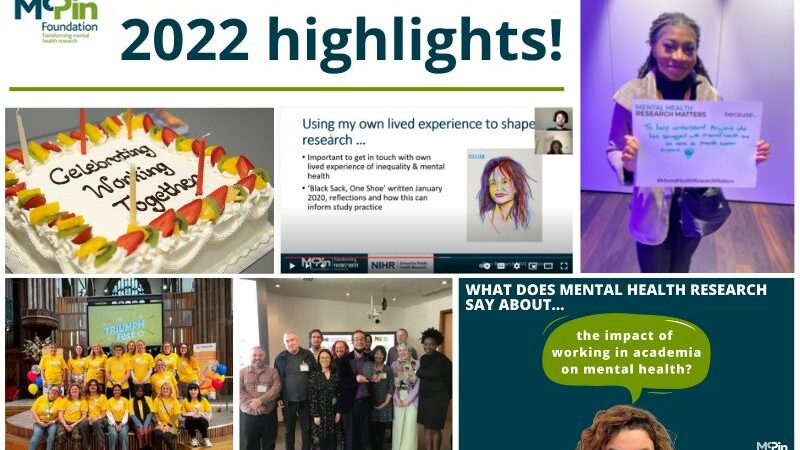Project overview
Community Navigators2 (CN2) follows on from the Community Navigators study, which aimed to reduce loneliness for people with depression and anxiety using community mental health services in London.
CN2 is funded by NIHR HTA to expand the original study to a three-and-a-half year randomised controlled trial across London (Camden and Islington), London (Barnet), Birmingham and York/North Yorkshire.
Participants will be randomly allocated either 10 support sessions with a Community Navigator, as well as their usual community mental healthcare, or continue receiving treatment as usual.
Community Navigators are trained to be experts in their communities and in helping people participate in social groups and activities.
Meetings with a Community Navigator will examine things which are important to participants to develop and achieve goals for enhancing social connections over six months.
There are also meet-ups for participants to share experiences and strategies for reducing loneliness.
Project details
Loneliness is harmful for physical and mental health, and common among people with mental health issues; in particular, people who are depressed struggle to recover more if they are also lonely.
We lack evidence about how best to help people with severe, long-term mental health issues to develop and sustain valued social connections and feel more connected.
Our study aims to establish an evidence-based type of social support to help people with severe long-term depression, which can complement the medical and psychological treatments already on offer in mental health services.
We are a core project partner in this study, employing a peer researcher to carry out three qualitative studies and supporting Lived Experience Advisory Panel (LEAP) involvement throughout.
We will recruit and coordinate a LEAP of eight people with relevant mental health lived experience and diverse backgrounds and experiences from our four study sites, some of which will bring experience from the original Community Navigators study.
The group will help: finalise the trial protocol, including developing study recruitment materials and the interview topic guide; understand and address any challenges with participant recruitment or retention during the trial; interpret study qualitative and quantitative findings; and advise on how to disseminate the work effectively.
LEAP members will also help with study delivery, including supporting with recruitment and training of the new Community Navigators, thematic coding of qualitative data, and writing up results.
There will be qualitative research embedded in the study, which McPin will lead on using a peer research approach.
The original study, led by a team at UCL, worked with mental health service users, practitioners and researchers, and was co-produced by a working group involving experiential, clinical and academic expertise.
We have written about this experience and you can also read more about how the programme works in our co-produced peer review paper.
For more information on the project, please email [email protected].
Project resources

Top tips for co-production in research
Related blogs
Related projects
Work with us
We are always excited to hear from others who want to collaborate on mental health research. From delivering peer research to helping you with public involvement strategies and providing training, get in touch to chat.







